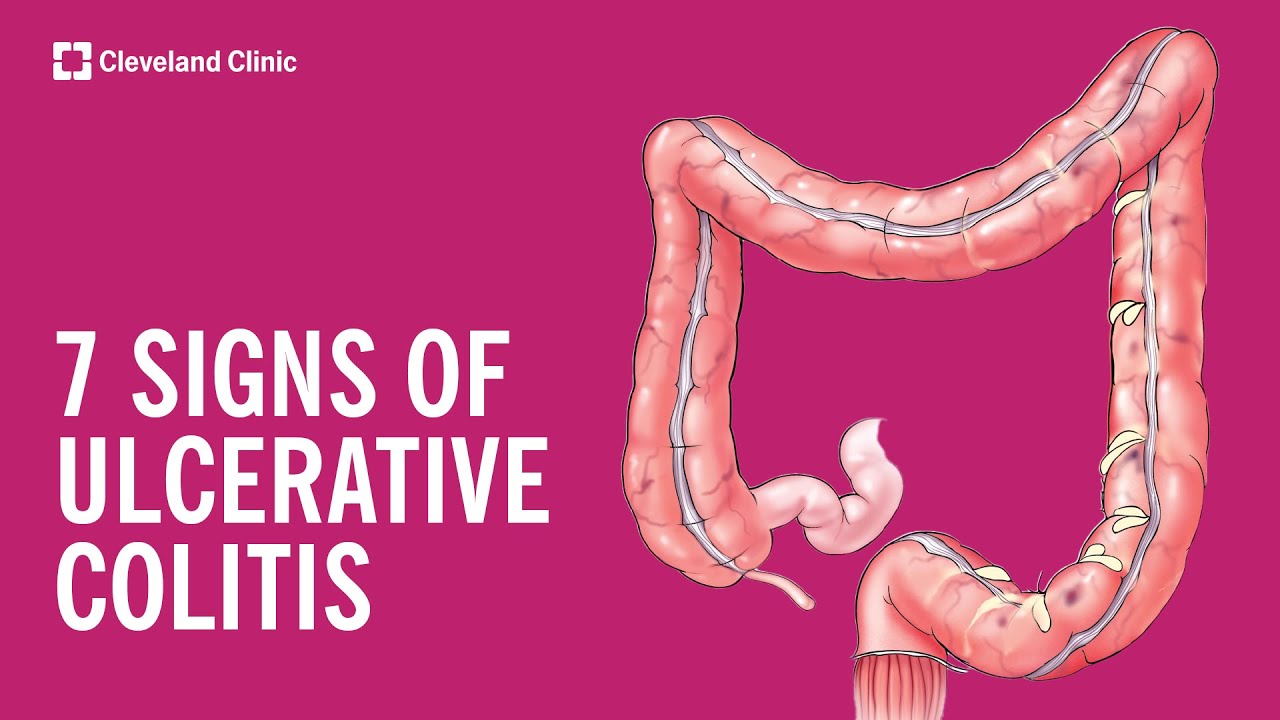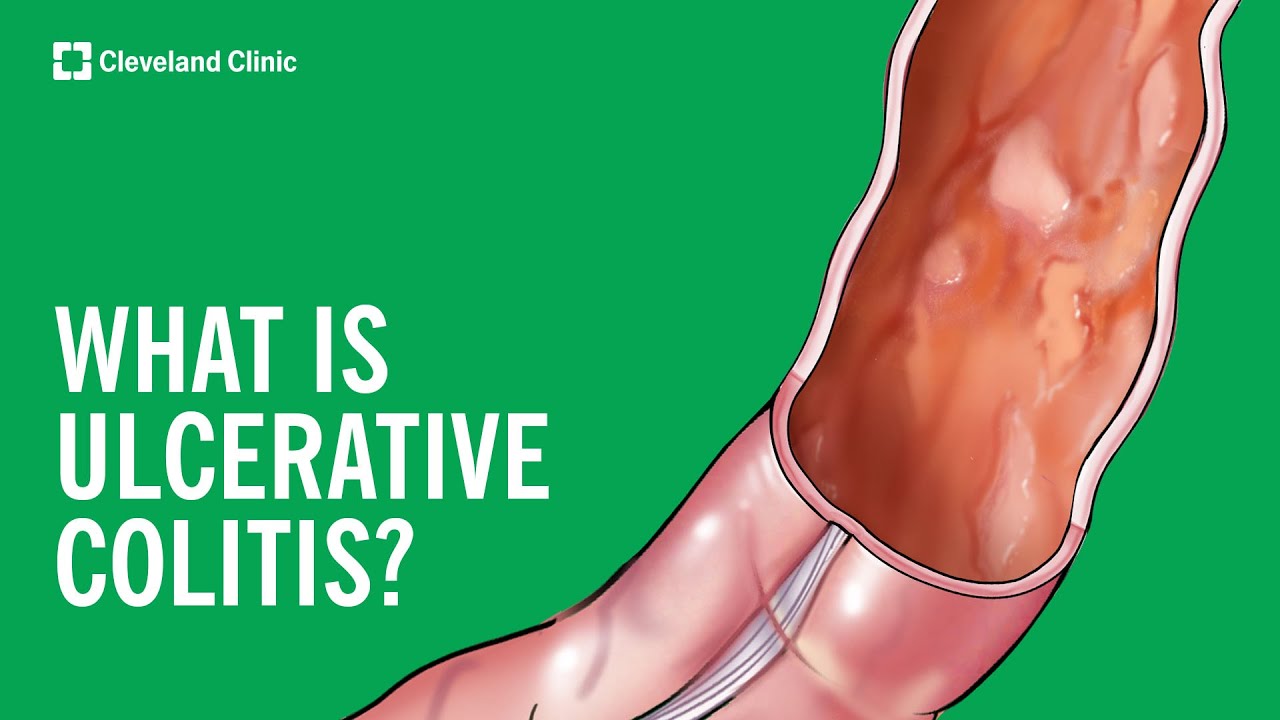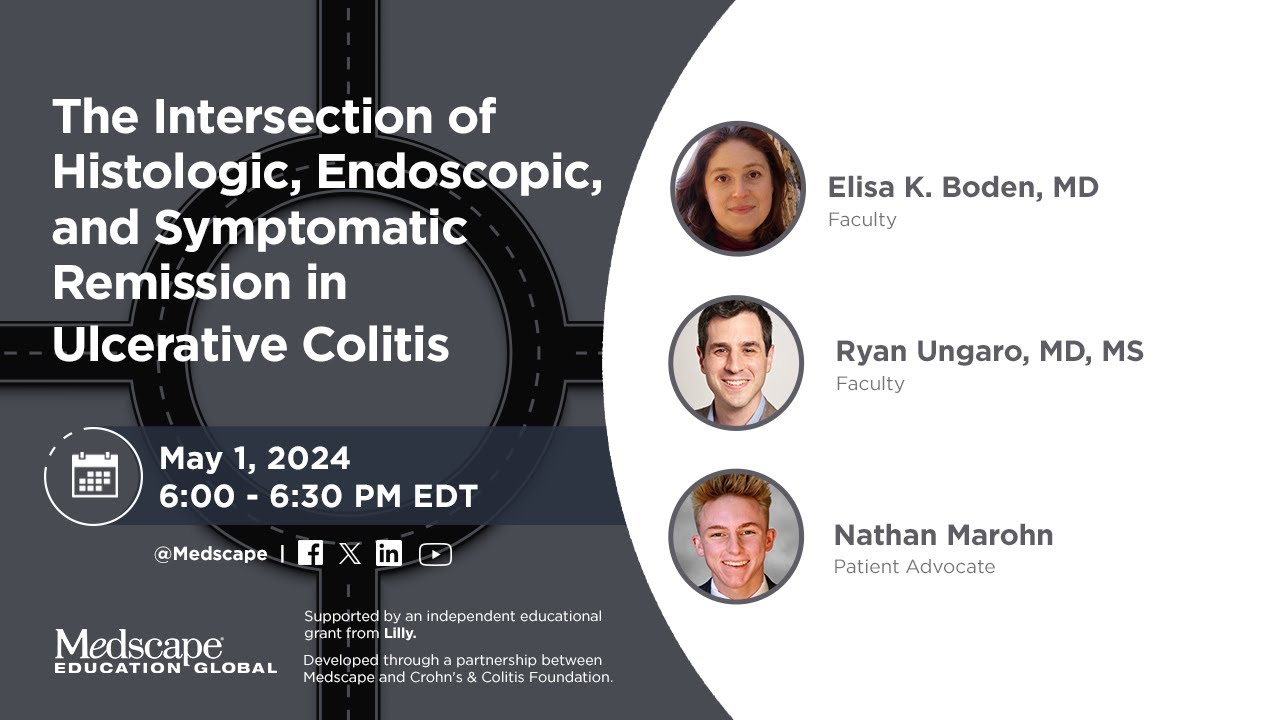Bruce Given, MD explains how alpha-1 antitrypsin deficiency (AATD) is most often associated with pulmonary disease in adults and liver disease in children. However, as treatment of adults with AATD has improved, these patients are living longer and often begin showing symptoms of liver diseases commonly associated with children suffering from AATD.
What is interesting about this development is that liver diseases associated with AATD in adults are actually caused by an overabundance of alpha-1 antitrypsin in the liver. The issue arises because the liver in these patients does not properly secrete the α1-antitrypsin into the rest of the body. The potential results of this problem include cirrhosis and hepatocellular carcinoma.







